Category: Federal
-
Final executive clemency update of Trump presidency

The U.S. Constitution, in Article II, Section 2, grants the president the power of executive clemency. Executive clemency includes the power to pardon, in which the president overturns a federal conviction and restores “an individual to the state of innocence that existed before the conviction.” From 2017-2021, Donald Trump (R) issued 143 pardons and 94 commutations.…
-
U.S. Senate acquits former President Trump of incitement of insurrection

The U.S. Senate acquitted President Donald Trump (R) of incitement of insurrection on Feb. 13. All 50 Democrats and seven Republicans voted guilty. The other 43 Republicans voted not guilty. The seven Republicans to vote guilty were: ◦ Richard Burr (R-N.C.) ◦ Bill Cassidy (R-La.) ◦ Susan Collins (R-Maine) ◦ Lisa Murkowski (R-Alaska) ◦ Mitt…
-
71 new members of Congress elected in 2020 election
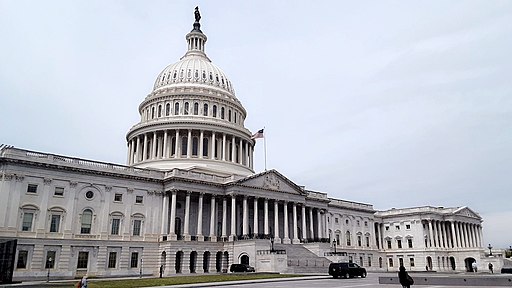
Seventy-one new members were elected to the 117th U.S. Congress on Nov. 3, 2020, or in subsequent runoff elections: nine new senators and 62 new representatives. This includes Rep.-elect Luke Letlow (R-La.), who died from complications related to COVID-19 on Dec. 29. The last race was called on Feb. 8, when the New York Board…
-
Federal Register weekly update: Biden administration publishes first significant final rule
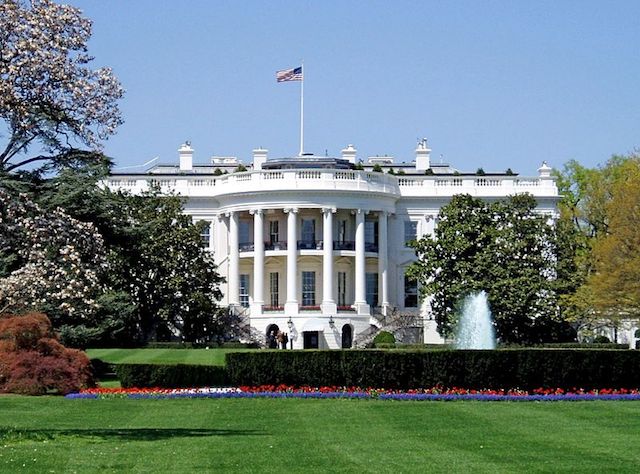
The Federal Register is a daily journal of federal government activity that includes presidential documents, proposed and final rules, and public notices. It is a common measure of an administration’s regulatory activity. From February 8 through February 12—the fourth week of the Biden administration—the Federal Register grew by 896 pages for a year-to-date total of…
-
Six national party committees raised a combined $2.65 billion in 2019 and 2020

Six committees associated with the Democratic and Republican parties raised a combined $2.65 billion in 2019 and 2020. Democrats and Republicans each have three major national committees: an overall national party committee, one dedicated to U.S. Senate elections, and one dedicated to U.S. House elections. The six committees were each among the top 15 spenders…
-
Supreme Court issues rulings involving the Foreign Sovereign Immunities Act
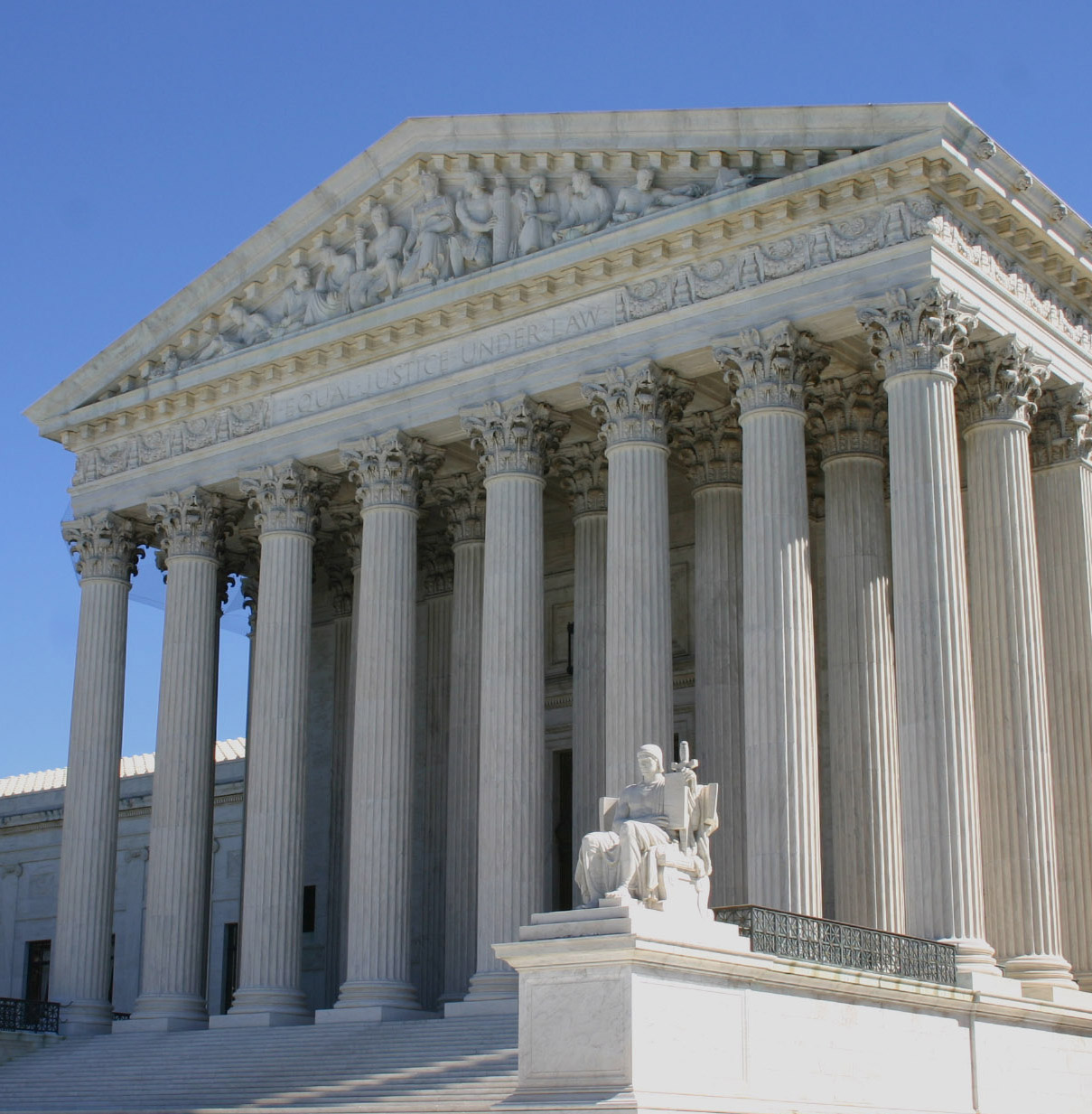
The U.S. Supreme Court (SCOTUS) took action on a number of cases on February 3, issuing opinions in three cases, granting review in one case, and removing two cases from its February 2021 argument calendar. SCOTUS issued opinions in Salinas v. United States Railroad Retirement Board, Federal Republic of Germany v. Philipp, and Republic of…
-
Sen. Richard Shelby (Ala.) will not seek re-election in 2022
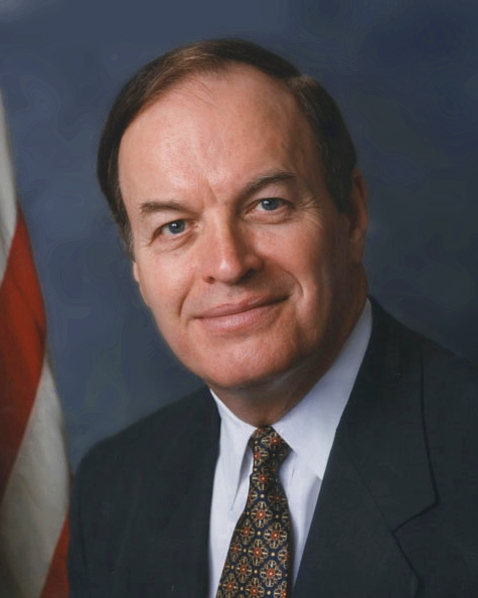
Sen. Richard Shelby (R-Ala.) announced on February 8, 2021, that he will not seek re-election in 2022. Shelby was first elected to the Senate in 1986. He switched his party affiliation from Democrat to Republican in 1994. Shelby is the fourth senator to announce he won't seek re-election in 2022, joining Republicans Richard Burr (N.C.),…
-
Anthony Brindisi (D) concedes in New York’s 22nd Congressional District election
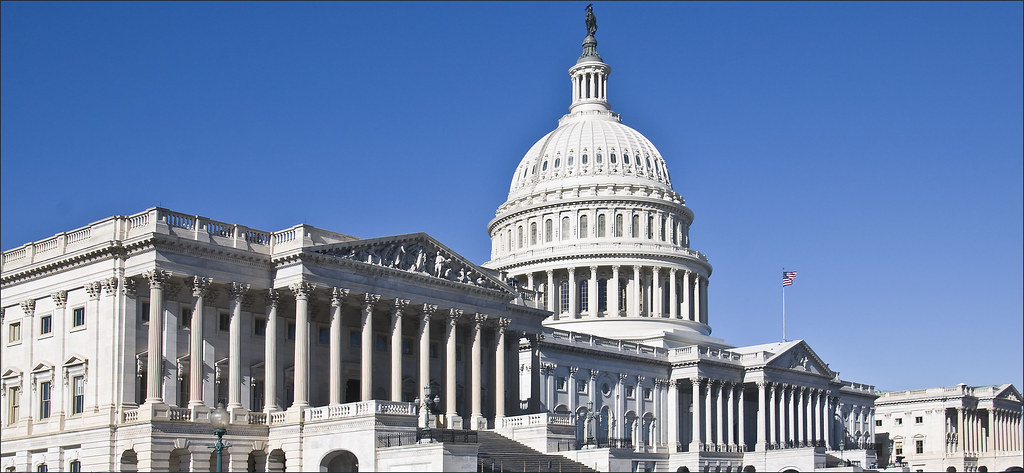
Incumbent Anthony Brindisi (D) conceded the election to represent New York's 22nd Congressional District on Feb. 8, 2021, to Claudia Tenney (R). His concession follows several months of legal challenges from Brindisi and Tenney over the validity of certain absentee and affidavit ballots cast in the Nov. 3, 2020, election. Brindisi announced his concession hours…

